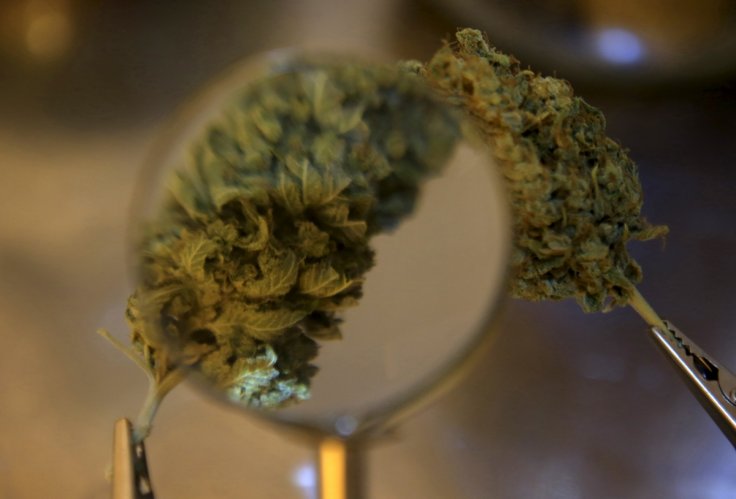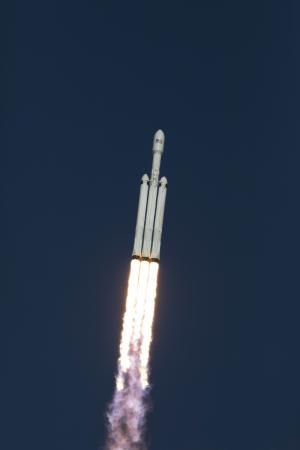Elon Musk's private space company SpaceX has a lucrative contract to deliver resupply missions to the astronauts orbiting above us in the International Space Station (ISS) and the next delivery scheduled for the ISS in March 2020 will include some really interesting cargo: a stash of weed.
Why is SpaceX sending weed into space?
On Tuesday, agri-tech company Front Range Biosciences announced that it will be sending a load of cannabis to the ISS as part of a scientific experiment that studies the effects of microgravity on the plant.
The company announced that it will send a cargo of up to 480 plant cell cultures to the station and SpaceX will be handling the logistics. The cultures will include variants of coffee and hemp, which is a form of marijuana, to check whether the plant cells undergo mutation when exposed to zero gravity.

"This is the first time anyone is researching the effects of microgravity and spaceflight on hemp and coffee cell cultures," Jonathan Vaught, co-founder and CEO of Front Range Biosciences, said in a statement. "There is science to support the theory that plants in space experience mutations. This is an opportunity to see whether those mutations hold up once brought back to earth and if there are new commercial applications."
The samples will be delivered via the SpaceX CRS-20 cargo flight, which is scheduled for launch in March next year, and will be kept in a special incubator that regulates temperature aboard the ISS for about a month before they are returned to earth.
SpaceX's last payload included 'mighty-mice' worms and a robot

Last Sunday, SpaceX's Dragon capsule delivery an early holiday package to the ISS, including a bunch of supplies and experiments. The cargo contained 3 tons of supplies, including 40 mice for a muscle and bone experiment. Eight of them were genetically engineered with twice the normal muscle mass and have been dubbed as "mighty mice."
There were also 120,000 roundworms of a beneficial variety that are part of an agricultural study aimed at controlling pests here on Earth. In addition, the capsule included a large, round robot head with artificial intelligence capabilities and the ability to sense astronauts' emotions.
This announcement following SpaceX's early holiday delivery to the International Space Station on Sunday, bringing muscle-bound "mighty mice," pest-killing worms and a smart, empathetic robot.









